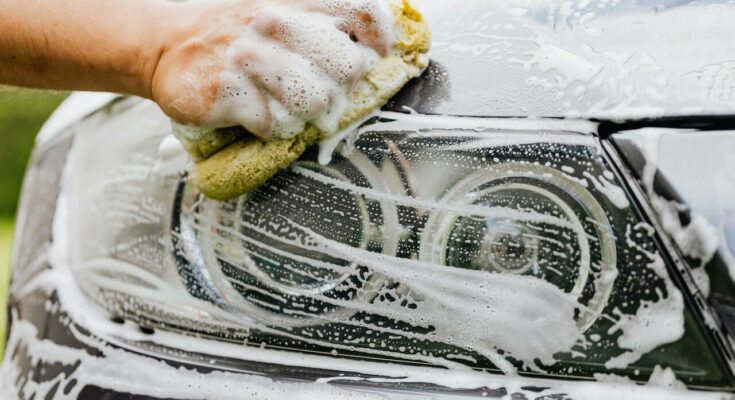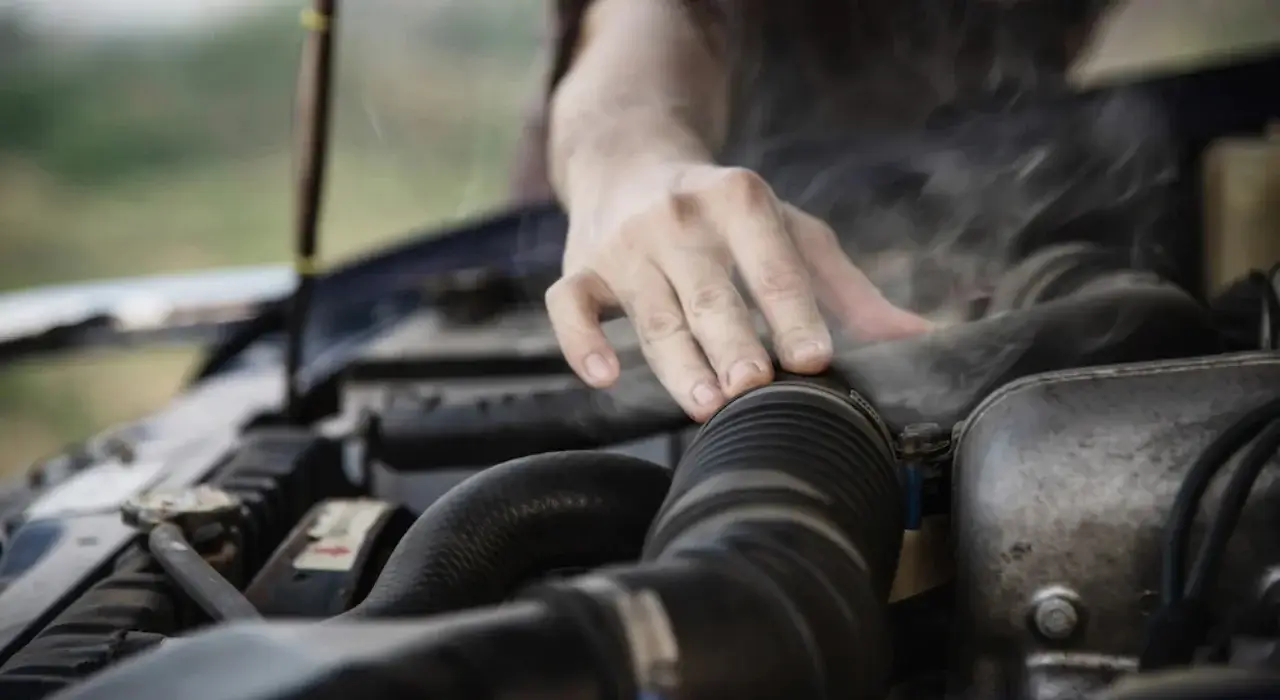Car washing is a regular task for vehicle maintenance, but it’s crucial to adopt practices that minimize water usage and reduce waste. Recognizing your actions can be beneficial to safeguard the environment. Here are five tips on how to wash your car without being wasteful.
Implementing these eco-friendly car washing tips not only helps preserve water resources but also promotes a sustainable approach to vehicle maintenance, ensuring you contribute positively to the environment.
1. Water-Saving Techniques
Water-saving techniques are integral to eco-friendly car washing practices. Opting for a bucket and sponge instead of a hose for the initial rinse is a simple yet impactful strategy to minimize water consumption and prevent unnecessary waste. This approach ensures that only the required amount of water is used during the washing process, contributing to water conservation efforts.
Suggestion: Do You Need To Pay Sales Tax On Cars In New Jersey?
Additionally, if a hose is necessary, installing a shut-off nozzle provides further control over water flow, allowing you to use water more efficiently. These small adjustments in your car washing routine not only promote environmental sustainability but also reflect a conscious effort to reduce your ecological footprint by conserving precious water resources.
2. Eco-Friendly Cleaning Products
Embracing eco-friendly cleaning products is a pivotal step towards sustainable car washing practices. When choosing a car wash soap, prioritize environmentally friendly car wash soap that is biodegradable. These products are formulated to break down more easily, minimizing their ecological footprint when they are washed away during the cleaning process.
By opting for biodegradable car wash soaps, you contribute to reducing water pollution and the potential harm to aquatic ecosystems. This eco-conscious choice aligns with a commitment to environmentally responsible practices, ensuring that your car maintenance routines are not only effective but also mindful of the broader impact on the planet.
3. Precise Application of Products
Achieving a balance between effective cleaning and environmental responsibility involves the precise application of car wash products. When washing your car, follow the recommended usage guidelines for cleaning solutions, applying them sparingly to avoid excess runoff. Using the right amount of product not only ensures that your vehicle receives the necessary cleaning but also minimizes the environmental impact by preventing unnecessary waste.
Also Check: Best And Worst Year For Nissan Rogue – Know Before You Buy
This precision in application reflects a conscientious approach to car maintenance, where every step is taken with consideration for both the cleanliness of your vehicle and the preservation of natural resources. Additionally, it contributes to a more sustainable car washing routine that aligns with eco-friendly practices, emphasizing the importance of thoughtful product usage for an environmentally responsible outcome.
4. Reusability of Cleaning Materials
Opting for wash mitts, sponges, and microfiber cloths that prioritize durability and reusability is a key step in creating a more sustainable car washing routine. These reusable cleaning materials not only provide effective cleaning but also contribute to minimizing overall waste. By investing in durable tools designed for multiple uses, you reduce the reliance on disposable alternatives that contribute to environmental pollution.
Choosing wash mitts and cloths made from high-quality, long-lasting materials showcases a commitment to eco-friendly practices, promoting a shift towards sustainable habits in car maintenance. Additionally, the reusability of these cleaning materials aligns with the principles of responsible consumption, emphasizing the importance of selecting products that have a longer lifespan, ultimately reducing the environmental footprint associated with car care.
5. Proper Disposal of Wastewater
An essential component of eco-friendly vehicle wash techniques is the thoughtful disposal of effluent. When washing your car on a driveway, it’s essential to prevent wastewater from entering storm drains, as it can carry pollutants into waterways, impacting the environment. To address this concern, consider using eco-friendly car wash mats designed to collect and filter wastewater.
These mats act as a barrier, preventing contaminants from reaching storm drains and, subsequently, local water systems. By investing in such mats, you contribute to water conservation efforts and help maintain the ecological balance of aquatic environments. This ethical strategy also supports sustainability objectives by highlighting the significance of reducing the environmental effect of routine tasks like auto maintenance.
Conclusion
By implementing these tips, you can maintain the cleanliness of your car while minimizing your environmental impact. Making little adjustments to your vehicle wash regimen can result in considerable waste reduction and water conservation. Choosing environmentally friendly car washing practices is a simple yet impactful way to contribute to water conservation and waste reduction, allowing you to keep your car spotless while being mindful of the planet.



















